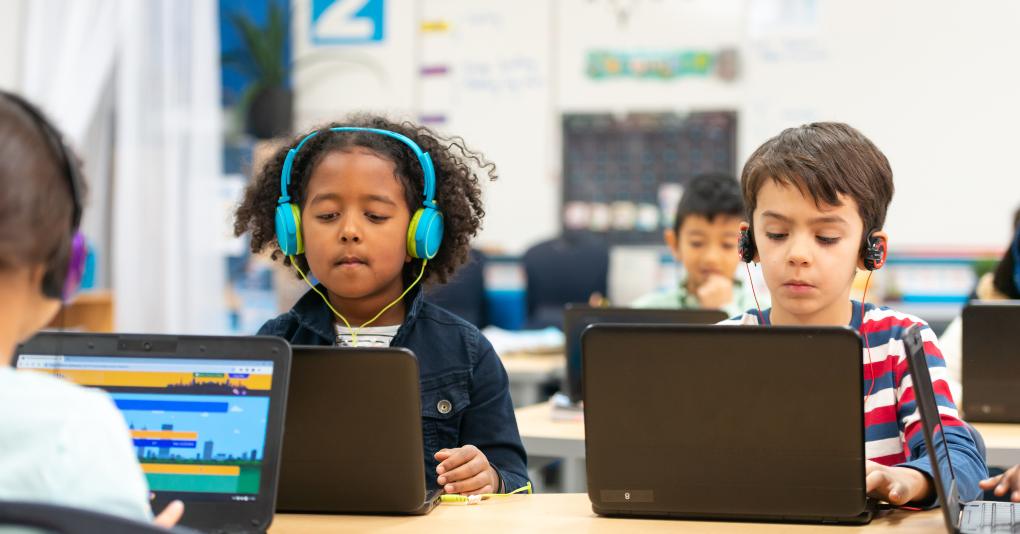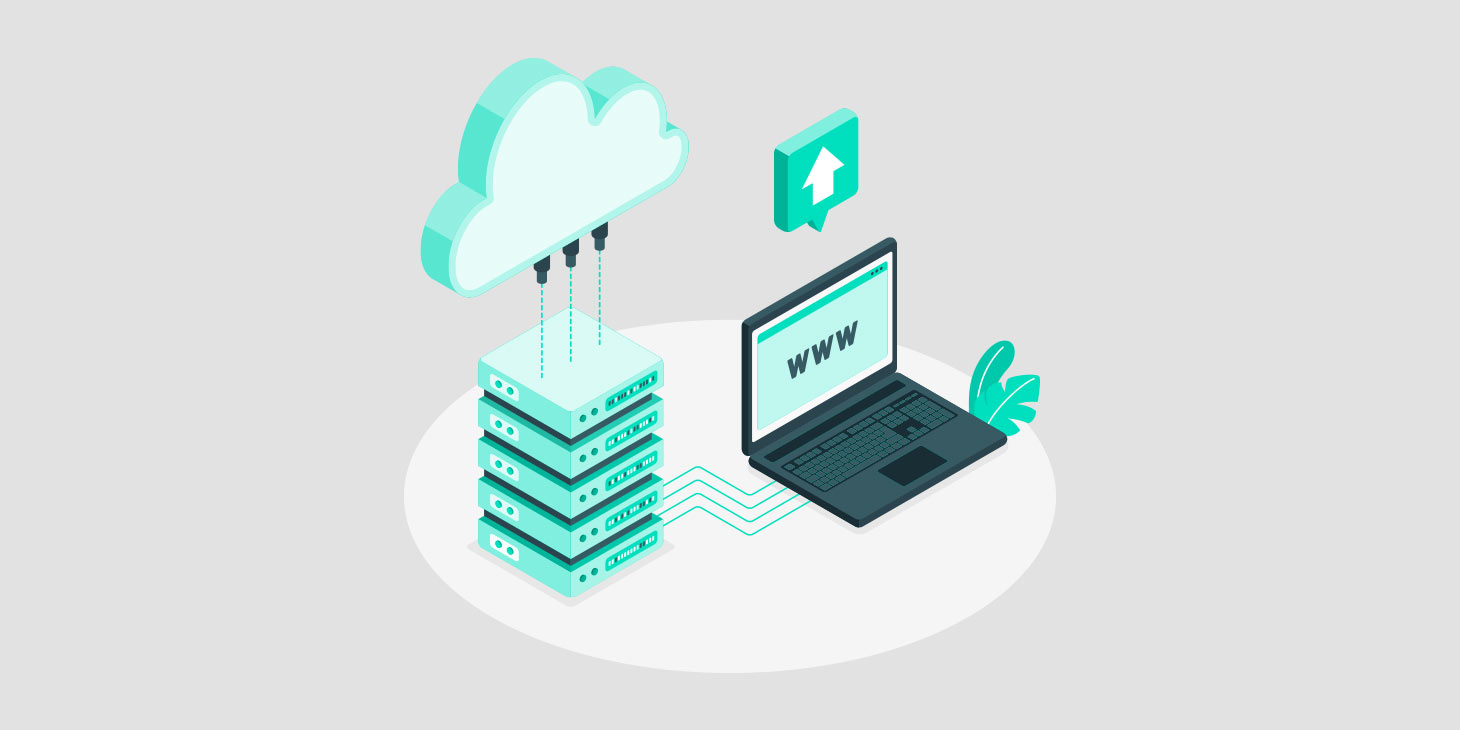
Education is an ever-evolving field, and keeping up with the latest news and developments is essential for students, educators, and parents alike. Whether it’s changes in educational policies, the introduction of innovative teaching methods, or the impact of technology in the classroom, staying informed is crucial for ensuring a bright future for learners everywhere. In this article, we’ll explore the most recent trends, news, and updates shaping the world of education.
The Rise of Online and Hybrid Learning Models
One of the most significant trends in education over the past few years has been the shift to online and hybrid learning models. The COVID-19 pandemic forced schools and universities worldwide to adapt quickly to remote learning. While this change was initially a response to health and safety concerns, it has since highlighted the many benefits and challenges of online education.
Growth of Online Education
Many institutions now offer fully online programs, making education more accessible to students from all backgrounds and geographic locations. Online learning provides flexibility, allowing students to learn at their own pace and on their own schedule. As more people embrace digital learning, the number of online courses and degree programs continues to grow.
Hybrid Learning: The Best of Both Worlds
Hybrid learning, which combines in-person and online instruction, has become increasingly popular. This model allows students to enjoy the benefits of face-to-face interactions with teachers and classmates while also taking advantage of the flexibility and convenience of online learning. Many schools are now offering hybrid programs, where students can choose to attend classes in person or virtually, depending on their preferences or circumstances.
Technology Integration in Classrooms
Technology has become an integral part of modern education, with tools like digital whiteboards, learning management systems (LMS), and educational apps revolutionizing the way students learn and interact with content.
EdTech Tools and Platforms
From interactive platforms to gamified learning experiences, educational technology (EdTech) is helping students stay engaged and motivated. Tools like Google Classroom, Zoom, and Microsoft Teams have become essential for remote learning, allowing teachers to interact with students in real-time, assign tasks, and provide feedback.
Artificial Intelligence and Personalized Learning
Artificial intelligence (AI) is increasingly being integrated into educational tools to personalize the learning experience. AI-powered platforms can adapt to a student’s learning style and progress, offering tailored lessons and exercises to improve their skills. This approach ensures that students can work at their own pace and receive the support they need to succeed.
Mental Health and Well-being in Education
In recent years, there has been a growing awareness of the importance of mental health and well-being in education. Students face a wide range of pressures, from academic performance to social dynamics, and addressing their emotional and psychological needs has become a key focus for educators.
The Rise of Mental Health Programs
Many schools and universities are implementing mental health programs to support students. These programs offer counseling services, mindfulness practices, and workshops to help students cope with stress, anxiety, and other mental health issues. Schools are increasingly recognizing that mental well-being is just as important as academic success, and addressing these needs helps students thrive both inside and outside the classroom.
Focus on Social-Emotional Learning (SEL)
Social-emotional learning (SEL) is gaining traction as a critical aspect of education. SEL programs teach students skills like empathy, self-awareness, and emotional regulation. By incorporating SEL into the curriculum, schools aim to equip students with the emotional intelligence needed to navigate challenges and build strong relationships.
Changes in Education Policy and Curriculum
Education policies are constantly evolving to reflect changing societal needs, technological advancements, and new research on how children learn best. Many countries are revisiting their education systems to ensure that they are preparing students for the future job market and equipping them with essential skills.
Focus on 21st-Century Skills
As the job market continues to change, there is an increasing emphasis on teaching 21st-century skills in schools. These include critical thinking, creativity, collaboration, and communication—skills that are essential for success in the modern workforce. Educational policymakers are updating curricula to include more STEM (science, technology, engineering, and mathematics) education, as well as soft skills training to prepare students for the rapidly evolving global economy.
Inclusion and Diversity in Education
There has also been a shift toward inclusivity and diversity in education. Schools are striving to create more equitable environments for students of all backgrounds, abilities, and identities. This includes providing accommodations for students with disabilities, addressing gender inequality, and promoting cultural competence among students and educators. Education is moving towards a more inclusive approach that acknowledges the needs and experiences of all students.
Higher Education Trends and Updates
Higher education is also undergoing significant changes. From the rise of alternative credentials to shifts in traditional college admissions processes, here are some key trends shaping the future of universities and colleges.
Alternative Credentials and Microdegrees
The cost of traditional college degrees has led many students to seek alternative education options, such as microdegrees, certifications, and boot camps. These credentials are often shorter and more affordable than traditional degrees, offering students a quicker route to entering the workforce. Many companies now recognize these alternative credentials as valuable, especially in fields like technology and data science.
Changes in College Admissions
College admissions processes have evolved to place less emphasis on standardized test scores, like the SAT and ACT, and more focus on holistic assessments. Many universities have adopted test-optional policies, allowing students to apply without submitting test scores. Additionally, there is a growing recognition of the importance of extracurricular activities, personal essays, and letters of recommendation in evaluating a student’s potential.
Conclusion
Education is constantly changing to meet the demands of a rapidly evolving world. Whether it’s through the integration of technology, the focus on mental health and well-being, or the updates to educational policies, there is a growing commitment to improving education systems worldwide. As we move forward, it’s crucial for students, parents, and educators to stay informed about the latest developments to ensure that we are all equipped to thrive in an ever-changing educational landscape.



